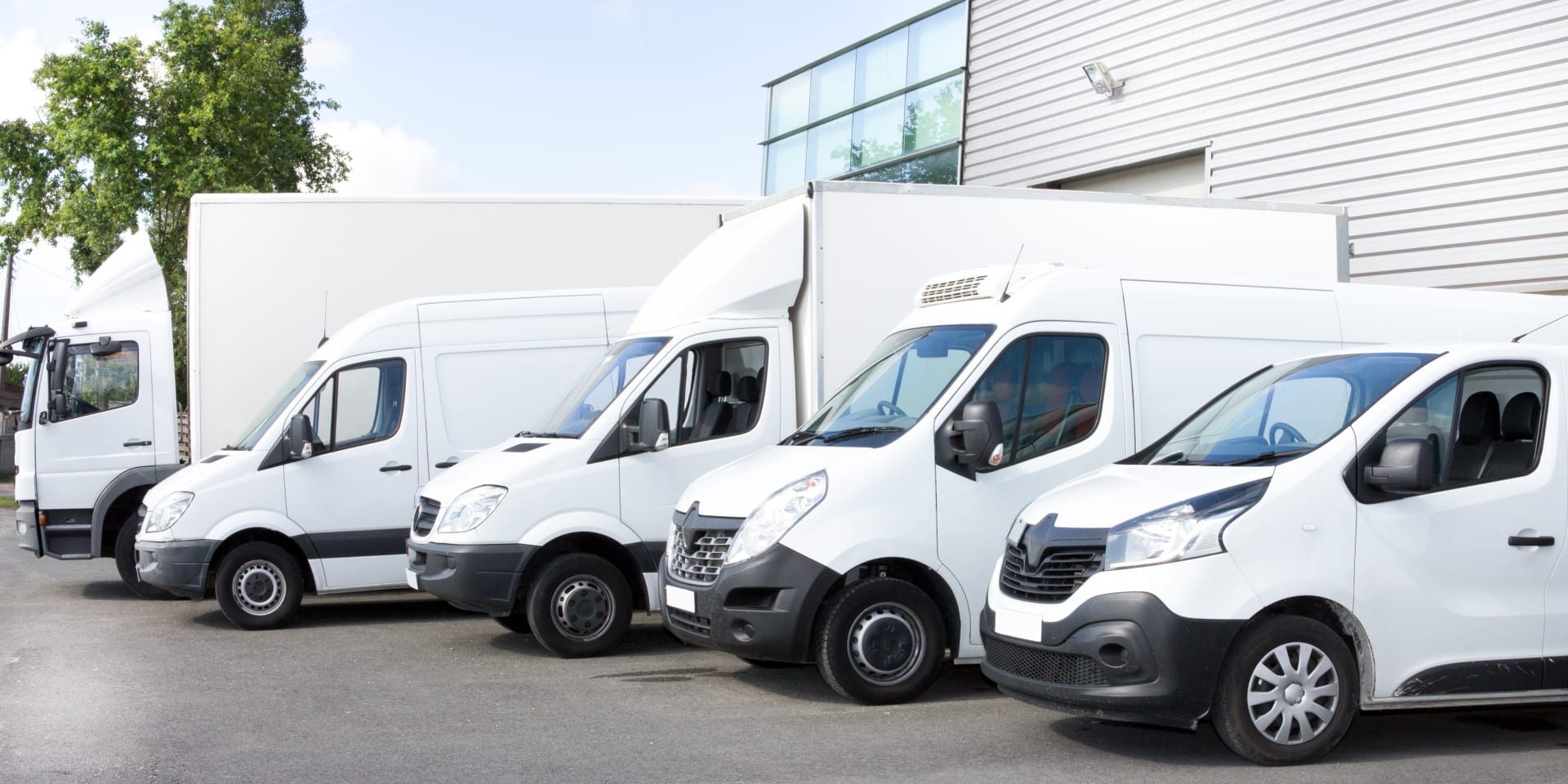Businesses rely on their fleets of vehicles for various purposes. The most common is delivering products to customers, but they also use their automobiles to visit homes and other business establishments to provide different services.
To protect their investments, ensure their vehicles are productive, and reduce associated costs, businesses must implement fleet management strategies that help them achieve all these aims. Below, we will look at some of the best fleet management practices for those that own and rely on their fleet of vehicles.
Schedule Regular Maintenance
Any business that uses vehicles as one of its primary tools knows it cannot afford downtime. Downtime can mean being unable to deliver products to customers or reach worksites as clients require. Fleet managers must, therefore, do everything they can to reduce downtime as much as possible to ensure the business does not lose money, customers, and its good reputation.
The best way to do this is through preventive maintenance. This entails checking and servicing vehicles before they break down. Preventive maintenance allows the mechanic to identify small issues that could otherwise become bigger problems and cause significant damage. By redoing this and rectifying all the issues they see, the professional can keep the vehicles on the road longer.
Preventive maintenance is also a good way of increasing the life of a fleet of vehicles. Buying new business vehicles is expensive, and most businesses do not always have the financial overlay to purchase new ones every year.
Well-maintained vehicles last much longer and provide other benefits too; they are more fuel efficient, safer, and more likely to be compliant with local laws.
Track Your Vehicles
Business vehicles have become prime targets for thieves. Vans and trucks are especially vulnerable because of their high demand and utility. However, smaller cars are also at risk and are among the most targeted in the UK.
Buying new business vehicles or working with an insurance provider to replace a stolen one often leads to headaches that business owners would rather avoid. The best way of avoiding this hassle is to protect your vehicle and use various strategies to ensure it is not stolen.
One of the most common ways of doing this is by using deterrents and recovery options. Deterrents like dash cams and loud alarms work very well to deter opportunistic thieves who do not want to be caught on camera or draw attention to themselves committing a crime.
When shopping for dash cams for fleets, businesses should ensure they have excellent video quality and allow easy video storage and retrieval. The vehicle dash cam you choose should also allow integration with other systems, such as a GPS tracker, to ensure it is easy to track the vehicle and get evidence of the theft if stolen.
You can also use dash cams for your fleet to capture and assess driver behaviour. A part of managing a fleet is ensuring all vehicles are safe on the road and that your drivers avoid accidents and incidents. Managers can use footage captured by a fleet dash cam to point out behaviours and habits that put the driver, their vehicle and other road users in danger. Correcting these behaviours and habits reduces the business; liability protects the driver and the business’ assets.
Manage Fuel Consumption and Usage
Fleet managers must also closely monitor and manage fuel consumption and wastage within their fleet. Fuel remains one of the most expensive commodities many businesses buy, and its wastage can lead to huge losses. Fleet managers can use solutions like GPS trackers equipped with fuel trackers to observe fuel consumption and analyse trends.
Once they analyse this data, they can start looking for ways to reduce this cost. First, they can ensure all vehicles are performing as expected by having a professional check that their engines are as efficient as possible. Once they look them over, they can check the driver and how they contribute to high fuel usage.
Drivers who accelerate, decelerate, and drive aggressively lead to higher fuel consumption than those who do not. A fleet manager can use a fleet dash cam for fleets and GPS tracker to check how the driver drives and behaves on the road. The footage and other data points can be crucial tools for correcting the behaviours and habits leading to high fuel consumption and waste.
Reduce Maintenance Costs
Preventive maintenance can reduce maintenance costs, but so can correcting driver behaviour. The latter can do this by allowing fleet managers to train their drivers to drive better and in ways that do not damage the vehicle. The same behaviours and habits that lead to high fuel consumption (speeding, braking, acceleration, and aggressive driving) put undue pressure on vehicles and lead to premature tear and wear.








